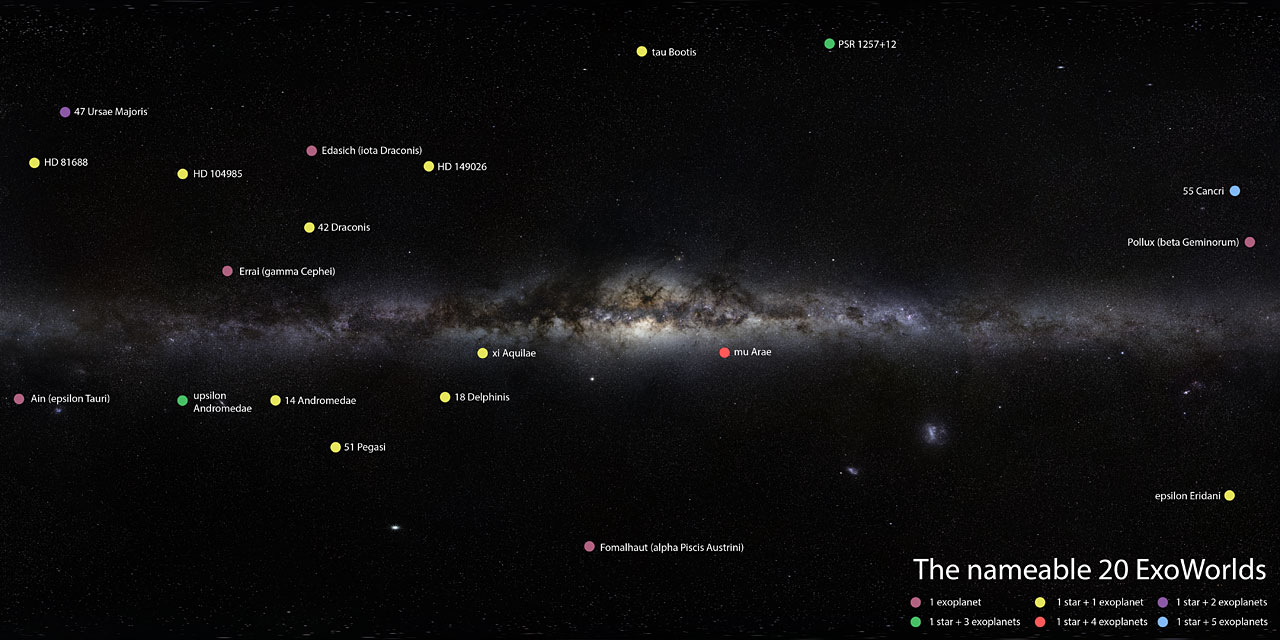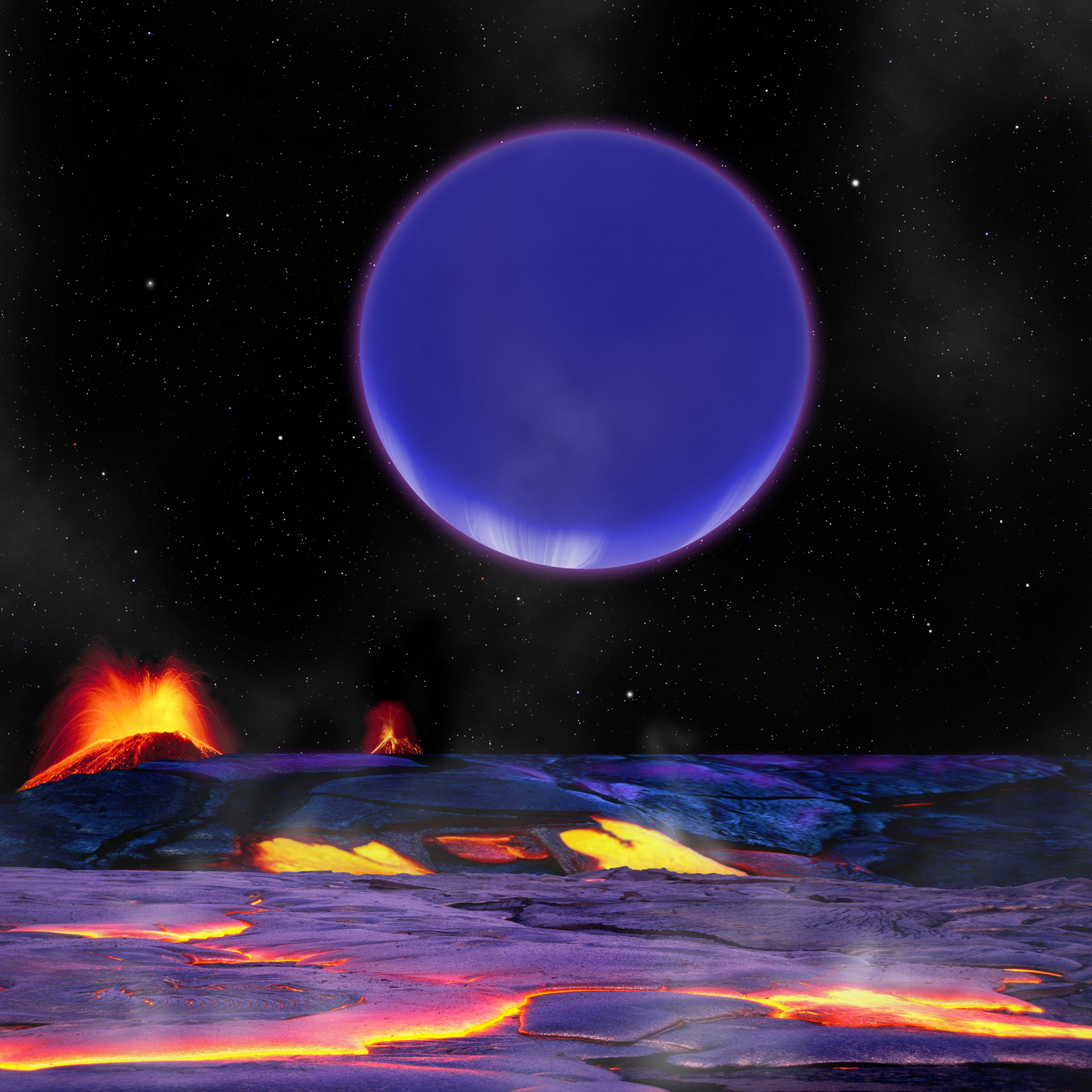
Space fans around the globe will soon get a chance to help name some of the galaxy's most famous alien worlds.
The NameExoWorlds contest has kicked off, allowing astronomy clubs and nonprofits to propose names for the stars and planets in 20 different extrasolar systems, officials of the International Astronomical Union (IAU), which is organizing the competition along with the citizen-science project Zooniverse, announced Monday (April 27).
Individuals cannot propose names, but they will be able to vote on the names submitted by clubs and nonprofit groups (which must first register with the IAU Directory of World Astronomy). These organizations are permitted to propose names for only one alien system — the host star and its planet(s) — along with a justification for the potential monikers. [10 Exoplanets That Could Host Alien Life]
Submissions are due by June 15, after which the public will be asked to vote on the proposed names. The current plan calls for the final results to be announced during the IAU's 29th General Assembly in Honolulu, which runs from Aug. 3 through Aug. 14 of this year, IAU officials said.
To learn more about the contest, check out the NameExoWorlds site: http://www.nameexoworlds.org
The 20 extrasolar systems include 51 Pegasi, which harbors the first alien world ever discovered orbiting a sunlike star (in 1995), and Fomalhaut, which was one of the first exoplanets ever to be imaged directly (though there is currently some controversy about whether or not the "planet" is really just the rocky remnants of a massive collision).
The 20 systems contain 32 known planets. Five of the host stars already have popular, common names, so they're off-limits to the NameExoWorlds contest, which therefore offers the opportunity to give appellations to a total of 47 objects (planets plus stars).
Get the Space.com Newsletter
Breaking space news, the latest updates on rocket launches, skywatching events and more!

The IAU assigns "official" names to celestial bodies and their features. The organization is perhaps best known to laypeople for demoting Pluto from a "true" planet to the newly created category of "dwarf planet" in 2006, a decision that remains controversial to this day.
The first exoplanets were discovered orbiting a pulsar — a rapidly spinning, superdense stellar corpse — in 1992. Since then, scientists have spotted nearly 2,000 more, with thousands of additional planet candidates awaiting confirmation by follow-up observations and analysis.
But those numbers are just the tip of the iceberg. Work by NASA's Kepler space telescope suggests that every star in the Milky Way hosts at least one planet on average, meaning our galaxy is probably home to more than 100 billion alien worlds.
Follow Mike Wall on Twitter @michaeldwall and Google+. Follow us @Spacedotcom, Facebook or Google+. Originally published on Space.com.
Join our Space Forums to keep talking space on the latest missions, night sky and more! And if you have a news tip, correction or comment, let us know at: community@space.com.

Michael Wall is a Senior Space Writer with Space.com and joined the team in 2010. He primarily covers exoplanets, spaceflight and military space, but has been known to dabble in the space art beat. His book about the search for alien life, "Out There," was published on Nov. 13, 2018. Before becoming a science writer, Michael worked as a herpetologist and wildlife biologist. He has a Ph.D. in evolutionary biology from the University of Sydney, Australia, a bachelor's degree from the University of Arizona, and a graduate certificate in science writing from the University of California, Santa Cruz. To find out what his latest project is, you can follow Michael on Twitter.









